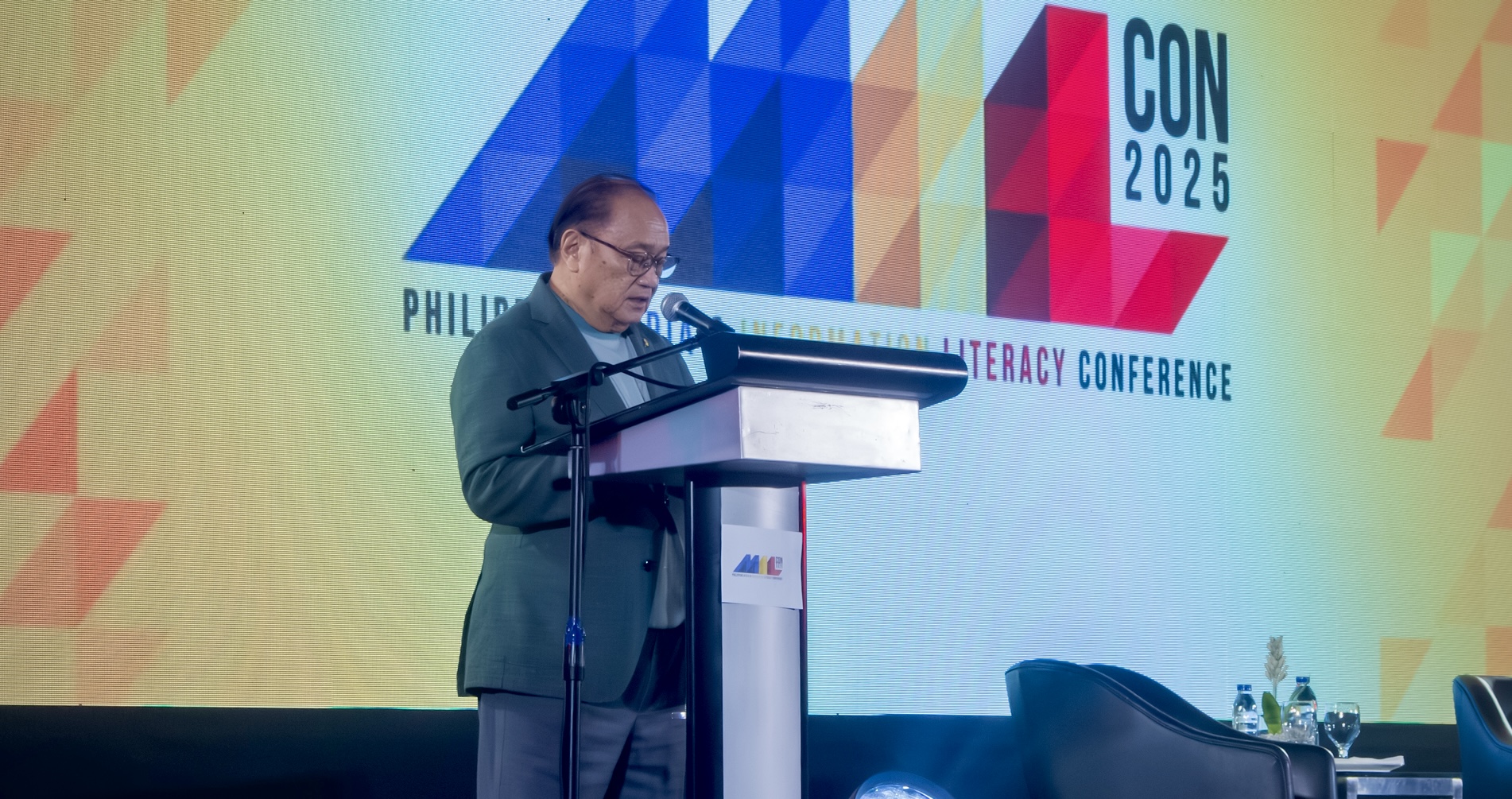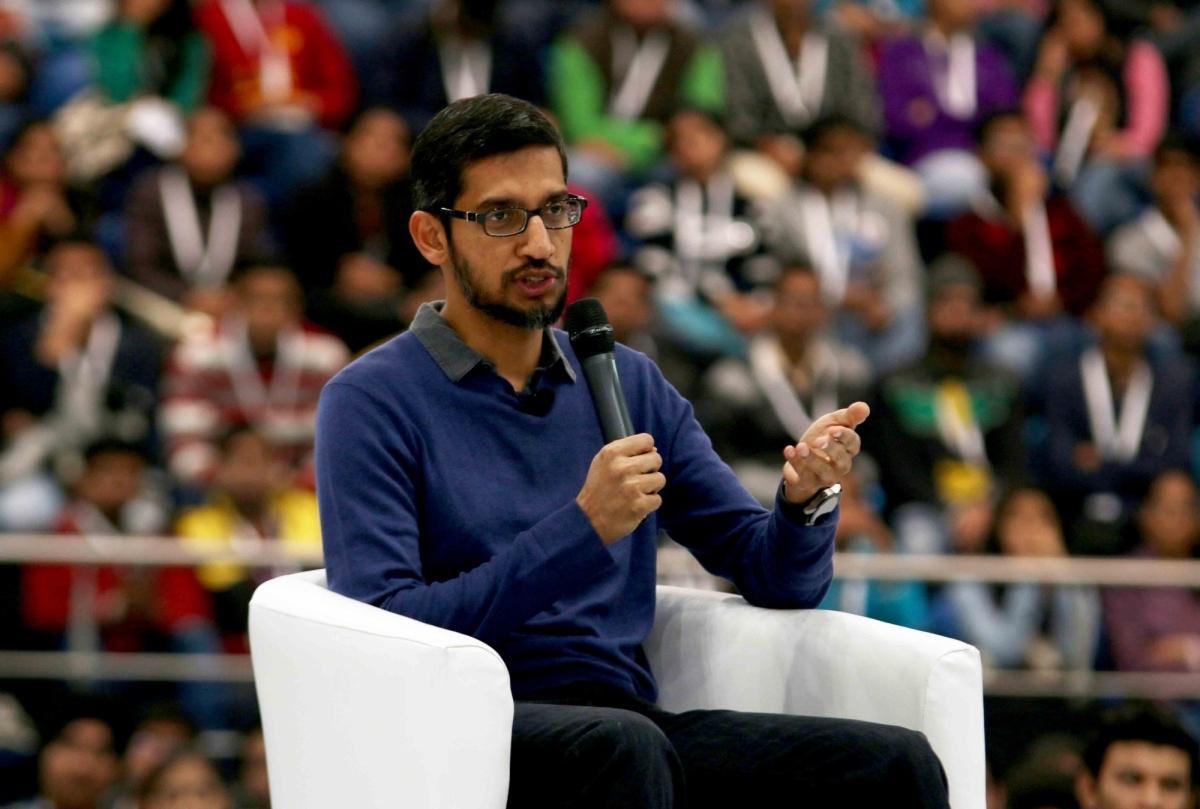Copyright bworldonline

The Philippines needs a multisectoral approach in advancing media and information literacy (MIL), aimed at shaping informed and critical-thinking Filipinos, media tycoon Manuel V. Pangilinan said on Tuesday, amid the growing threat of disinformation in the country. “First, we need the government to champion MIL as a core policy initiative, integrating it into national security, education, and technology,” MediaQuest Chairman Pangilinan said in his speech at the Philippine MIL Conference (MILCon) 2025. “Second, we need the business sector, not just media companies, but all companies to integrate MIL into their corporate social responsibility frameworks,” he added, underscoring the need to invest in training, tools, and workplaces that train employees with MIL. Universities and schools must also be responsible in shaping students who can “question bravely and think carefully” to remind the people that freedom of expression comes with an obligation, Mr. Pangilinan said. “We always speak of nation-building in terms of bridges, towers, fiber, power plants, steel, and iron. But the truest foundation of a democracy is neither one of those — it is truth,” he said. “People misled cannot move forward, but the people informed cannot be defeated,” he added. By advocating for the “truth in media” through initiatives like MILCon, he hopes to enable Filipinos to be more discerning with the media outlets they trust and the content they consume. “At the end of the day, it will be the consumer of media who will likely drive this desire to know the truth in anything you read, you watch, or you see,” he told reporters at the sidelines of the event. “You have to be selective in what you can believe in as to be true. It’s going to be a guide for your academic life or for your business career,” he added. Social media has emerged as a primary source of information for people around the globe, UNESCO Jakarta Director Maki Katsuno-Hayashikawa said. “Every day, people watch more than a billion hours of video on YouTube, and almost 3 billion use Facebook often as a primary source of information about the world,” she said at the same event. “Globally, 20% of the 18 to 24-year-olds use TikTok as their main source of news,” she added. In the Philippines, a report by the Reuters Institute revealed that 66% of the respondents use social media for news weekly. The study added that Facebook remains a ‘critical’ medium for news in the country, while younger audiences and creators rely on TikTok. NOT JUST TROLLS MediaQuest Chief Executive Officer (CEO) and Cignal President Jane Jimenez-Basas said that the significant number of Filipinos using social media for news further presses the need for MIL. “The enemy has evolved; it is no longer just fighting trolls in the comment section,” she said in her speech. “It is fighting the highly sophisticated threat of synthetic media, deep fakes, and algorithmic bias that can warp political outcomes and destroy trust in seconds.” The MediaQuest executive underscored that the recent functional literacy report from the Second Congressional Commission on Education (EDCOM 2) mirrors the state of MIL in the country. “Without strong literacy and comprehension skills, these children are highly vulnerable to misinformation, manipulation, and the failure to engage critically with what they encounter online and offline.” Functionally illiterate Filipinos have doubled to 24.8 million over the past 30 years, according to a report by EDCOM 2. The commission said the increase in functional illiteracy stems partly from the Department of Education’s (DepEd) involvement in too many interagency bodies, which has diverted its focus from basic education. Mr. Pangilinan also raised his concerns about the widening literacy gap and warned against corruption that could further worsen the situation. “It’s a serious problem, and it won’t help that you reduce the budget for education and move it to somebody as you take money from the many and insert it into the pockets of the few,” he said during a panel discussion. “The temptation to shortcut is very high. Especially if you want to attain a certain level of wealth in your life,” he added. START AT THE TOP In terms of dealing with corruption within organizations, addressing the problem must begin at the “top,” said Mr. Pangilinan. “The solution is to start at the top because you cannot wipe out corruption in one go,” he said. “Start with big-ticket items. Forget about the petty crimes first because that’s hard to deal with – it’s endemic within the system.” “When you start with the big amount first, then slowly work down to the middle layer, then the bottom layer, this would take years… It’s been around for quite some time,” he added. The DepEd said in an official statement on Tuesday that it calls for “full and sustained funding” for all education mandates to address the country’s literacy challenges. “With the support of President Ferdinand R. Marcos Jr., we are aligning resources, streamlining functions, and focusing on what matters most — foundational learning and literacy recovery,” it said. The department has proposed a P928.52 billion budget for 2026 to address classroom shortages, student malnutrition, and the lack of academic materials nationwide. — Almira Louise S. Martinez



